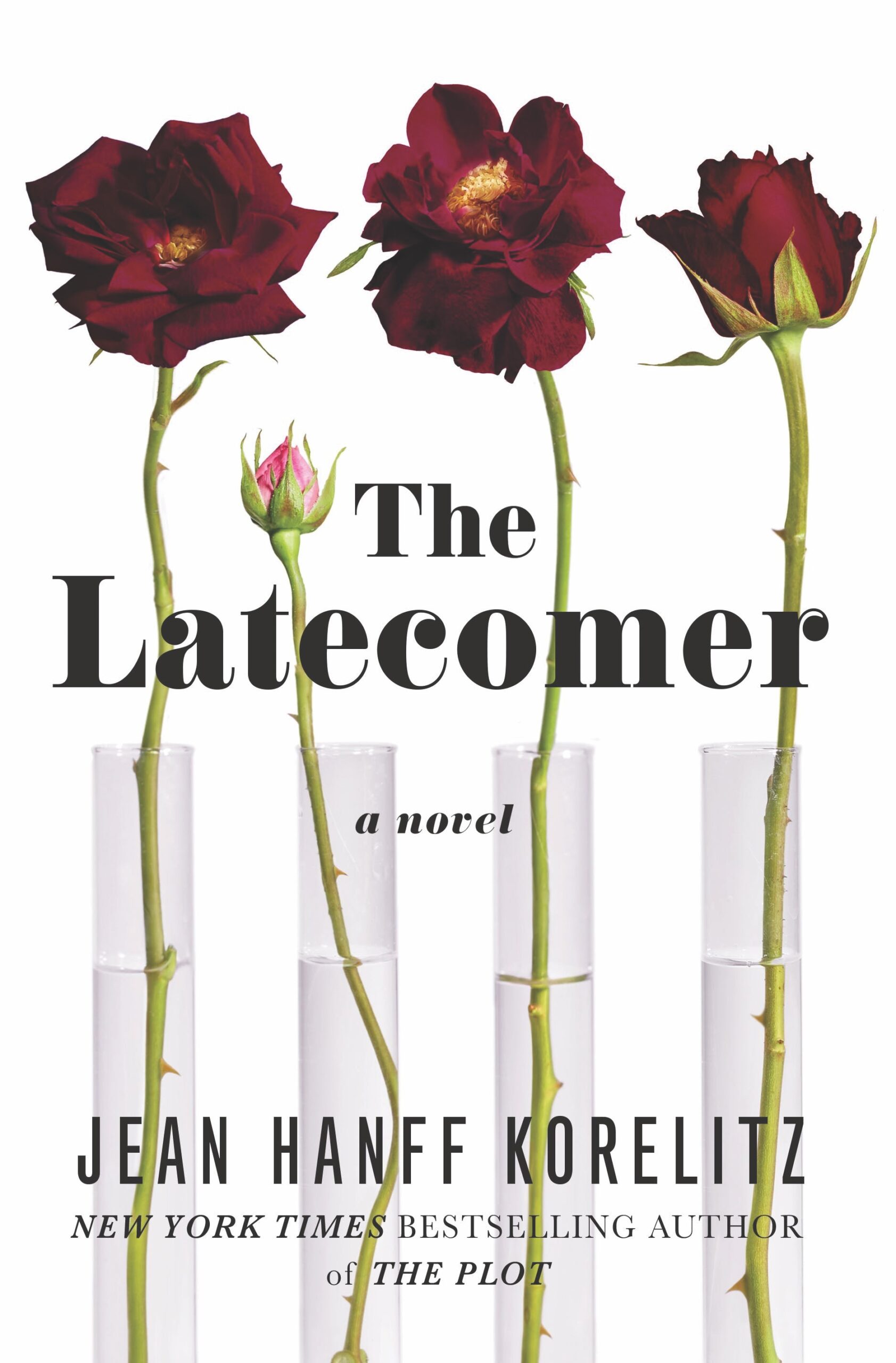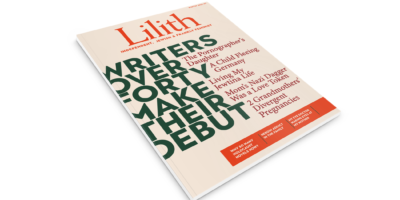
Family Drama, Done Right
On Passover each year, Jews recount the parable of the four sons: the wise, the wicked, the simple, and the one who does not know how to ask. Jean Hanff Korelitz in The Latecomer (Celadon, $28) writes, in turn, about the Oppenheimer triplets: Sally, Harrison and Lewyn—and shows what it might be like if the Passover children were raised in an impressive Brook- lyn brownstone in the late 20th century, and also hated each other. (Yes, I know, there is no fourth child in my analogy. But to include more on that would be giving away a twist).
Harrison, the wicked one, is a conservative in a family of liberals who sees his siblings as intellectual inferiors. Sally, the wise one, is the only sibling in on her father’s big secret. As for Lewyn: he’s the simple one, the child who exists as a background player in his siblings’ lives.
The Latecomer examines the lives of this family, beginning with mom Joanna and dad Salo. Their suburban Jewish 1970s childhoods are arrested by a terrible accident, which renders Salo emotion- ally inaccessible to his future wife and children. Nonetheless, Joanna and Salo marry, and use Salo’s wealth to buy that Brooklyn Heights home on the Promenade. Salo grows a storied art collec- tion, and helms his family ’s investment firm. Eventually, using pricey, nascent IVF technology, they have their triplets.
On the surface, The Latecomer is a portrait of upper-class Jewish life at the turn of the century. The Oppenheimers live a charmed and blithely privileged life. But at the core of this family are the turbulent and unloving relationships among the siblings.
Hanff Korelitz does a wonderful job of making each Oppenheimer unlikeable in satisfyingly specific ways. As a freshman at Cornell with her brother Lewyn, Sally, closeted and embarrassed by herself and her strange brother, forces him to pretend he doesn’t know her if they see each other on campus. Harrison becomes a conser- vative talking head, and an intellectual snob of epic proportions. And Lewyn— the kindest of the three—is so passive and lost that he is guided by his college roommate into a years-long stint as a Mormon.
A wonderful third-act twist brings the wayward siblings back together. Hanff Korelitz, author also of seven other novels including The Plot and Admission, is skilled at constructing neat endings, and The Latecomer is its most fun when the triplets are forced together, as at the disastrous Martha’s Vineyard blowout fight at the family’s summer home on Martha’s Vineyard when the siblings cut ties with one another as they’re about to celebrate their shared 21st birthday.
Hanff Korelitz effectively wields the strangeness of upper-crust American Judaism as a setting. The Oppenheimers are as assimilated as it gets—the Vineyard house, the high school for liberal wasps—but their Judaism is critical to the way they move through the world (even Lewyn, whose first serious encounter with Mormonism is when he brings his roommate to a Passover Seder). Judaism imbues each triplet with a definitive otherness that guides them, often in the wrong direction.
The Latecomer is for wealthy East Coast Jews what Jonathan Franzen’s books are for middle class Midwestern Protestants. The Oppenheimer kids are as archetypal as the four sons—but unique and vivid. catie stewart works in political com- munications and lives in San Francisco.






